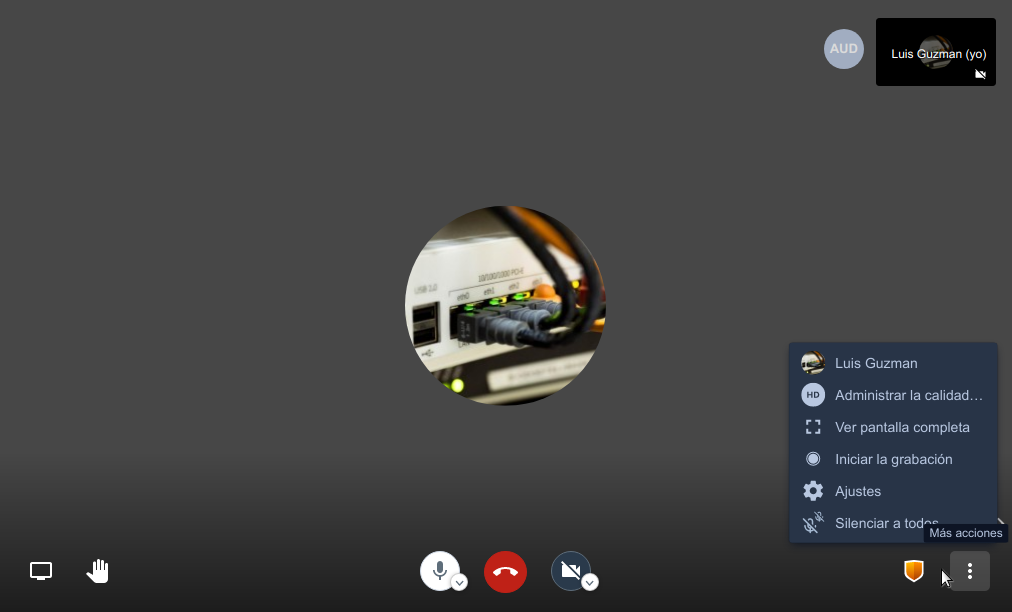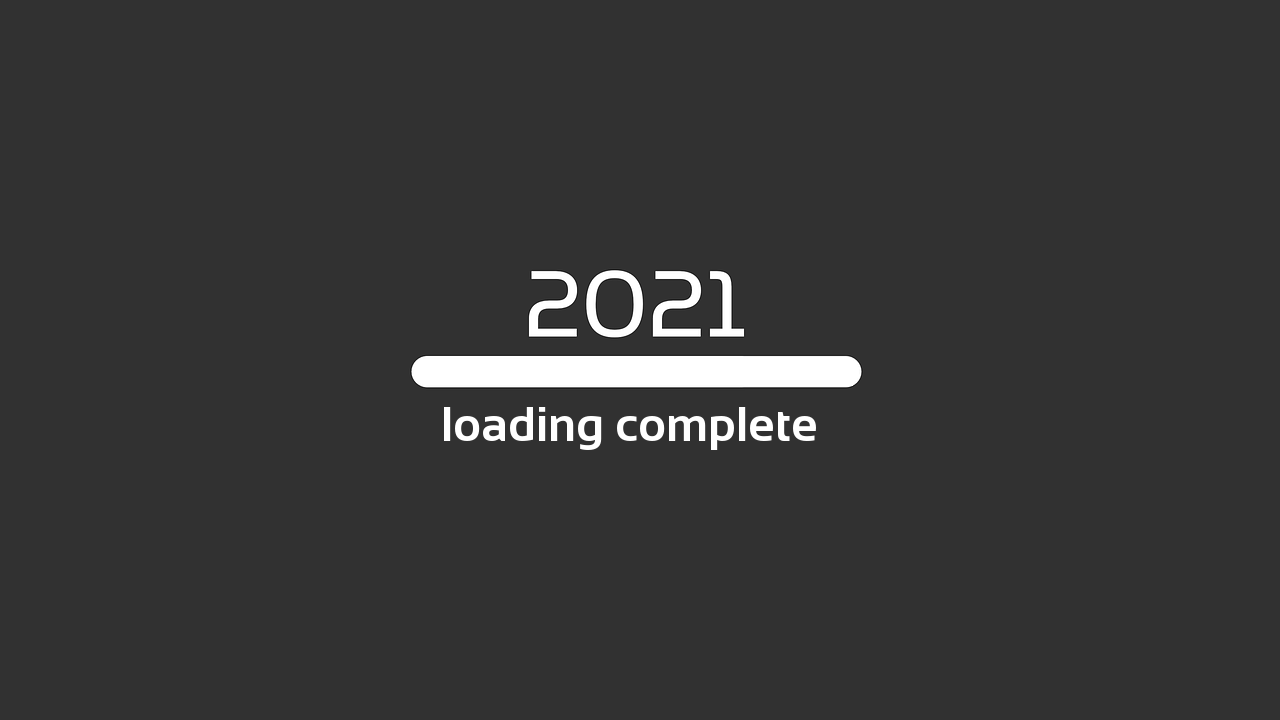Before starting with the topic, we want to take the opportunity to wish an excellent start to 2021!
2020 was a very difficult year for the whole world, and its repercussions will continue to echo in the coming years, putting our capacity of adaptation to the test.
Again, we hope that 2021 will be the reboot that many need and the opportunity to promote the best version of ourselves in the face of the difficulties that our community goes through as well as the world does.
Returning to the topic that brings us together in this post, we would like to take the opportunity to comment on some details of the projects that kept us a bit absent during the end of 2020.
Trisquel 9
Finally, after several months of development, revision and re-revision, the Trisquel project published the final version of Trisquel GNU / Linux 9.0, code name Etiona, during the month of October.
Etiona, is based on Ubuntu LTS 18.04 Bionic, which makes it a relatively mature version (2 years after its publication), however that also makes it a very stable version.
The main objective of Trisquel GNU / Linux is to offer a completely free version of a very popular distro such as Ubuntu, allowing a relatively simple transition for experienced users as well as new users.
Since the development team is small, this version was strongly supported by the community for its development, a community in which we participate and we are happy to see that with 2021 the work begins for version 10, Nabia.

https://trisquel.info/en/trisquel-90-etiona-release-announcement-and-100-plans
QJI, scaling and CHP
Another of the projects that was very active during this end of the year was Quick Jibri Installer , QJI.

QJI, installs the Jitsi Meet platform without difficulty, simplifying and automating the largest number of installation routines. During this end of the year, an extensive round of development and testing of the functions aimed at scaling the platform was carried out.
- Since the inclusion of jvb2 nodes, which like jibri nodes allow extending the capacity of the number of rooms supported by an individual server.
- The installation/configuration of the identification system through Jason Web Tokens, JWT, which is intended for use with RocketChat, however can be used with your custom application.
- The creation of Selenium grid network for the execution of automated operation tests
- Finishing with CHP mode, personalized high performance mode.
Which applies specific changes and configurations designed for high demand environments.
All of these focused on scaling, controlling and taking advantage of the potential of Jitsi Meet, becoming the version 5.x of QJI.

Among other projects, this kept us busy and motivated during the end of 2020, we hope that with this new year we can give a positive turn to all the difficulties and uncertainties that the current pandemic has caused.
We would like to remaind that the release of QJI 5.0 could not have been made without the preference of customers who favor us with the acquisition of development, installation and / or maintenance services for which we appreciate your trust by providing efficient and quality services, we remain at your service waiting for your activities to benefit.

